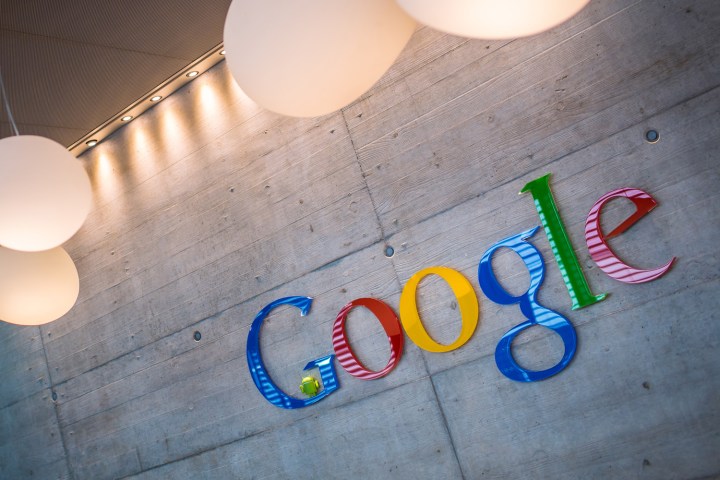
Picasa was first acquired back in July 2004, and for over a decade, it served its purpose. But when Google Photos was unveiled in May of last year, having the two services seemed redundant. And now, Google is finally doing something about it.
“We know for many of you, a great deal of care has gone into managing your photos and videos using Picasa — including the hours you’ve invested and the most precious moments you’ve trusted us with,” wrote Anil Sabharwal, Head of Google Photos. “So we will take some time in order to do this right and provide you with options and easy ways to access your content.”
If you already have the software, nothing will really happen. You’ll still be able to see your photos, but developers will lose some of their functionality, and Google won’t continue to roll out updates to the software. The best course of action, as per Google’s blog post, is to start migrating things over to Google Photos, where you’ll be able to continue uploading and organizing images in perpetuity.
But Sabharwal stresses that no changes have happened quite yet — they’re just giving us fair warning.
“We apologize for any inconvenience this transition causes, but we want to assure you that we are doing this with the aim of providing the best photos experience possible,” the Google Photos head wrote. “Google Photos is a new and smarter product, that offers a better platform for us to build amazing experiences and features for you in the future.”
Editors' Recommendations
- The Google Pixel 8a’s 6 biggest upgrades over the Pixel 7a
- Does the Google Pixel 8a have a headphone jack?
- Google Drive vs. Dropbox: which is best in 2024?
- Watch out: Google Drive may have lost months of data
- 10 helpful Gmail tips and tricks everyone should know


